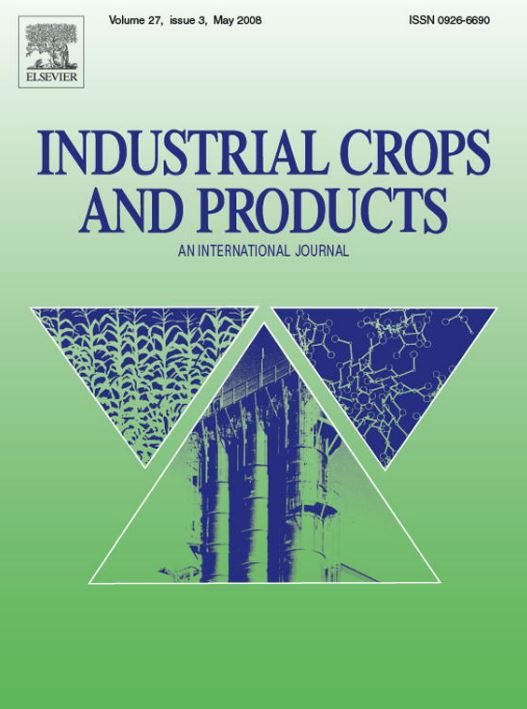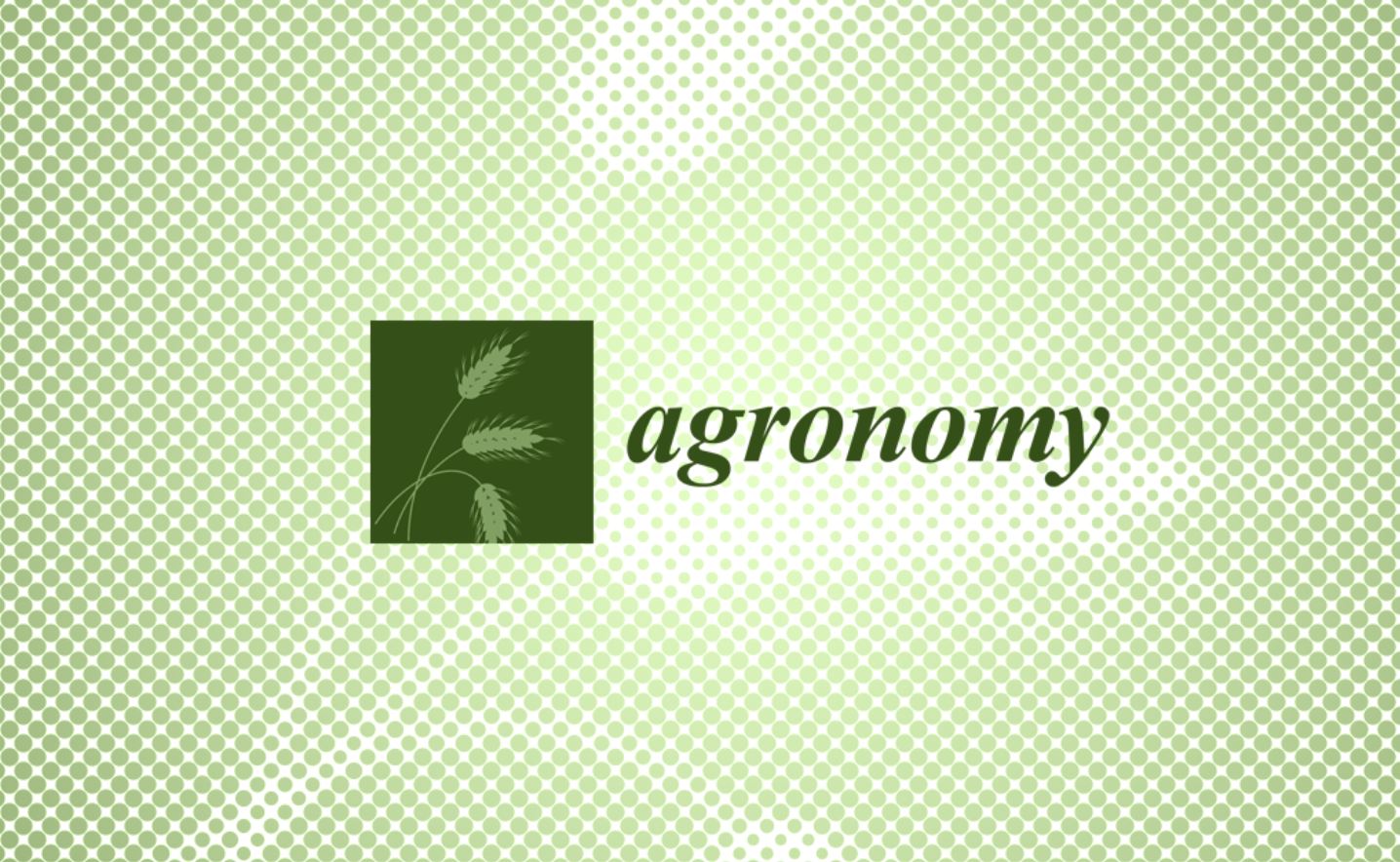Abstract
As high-CBD cannabis (Cannabis sativa L.) gains legal and commercial relevance in the United States, studies evaluating how external inputs impact critical traits remain limited. This study investigates the effects of methyl jasmonate (MeJA), ammonium bicarbonate (AB), and the genetic source (mother plant identity) on the growth and secondary metabolite traits of indoor cannabis. Plants were treated with 1 mM MeJA and/or AB under controlled conditions, and key traits, such as plant height, chlorophyll content, biomass, trichome density, and cannabinoid concentration, were measured. The MeJA treatment led to a significant 32% increase in trichome density. However, it did not significantly alter CBD or THC concentrations. The AB treatment enhanced vegetative growth, increasing chlorophyll content and plant height while reducing CBD concentrations, but the biomass gains could compensate for the lower cannabinoid in the total production. An interaction between MeJA and AB altered the CBD content, suggesting that MeJA may mitigate AB’s negative effect on cannabinoid synthesis. The genetic source significantly influenced most of the measured traits, highlighting the role of the genotype in trait expression and the importance of clonal consistency. These findings highlight the complex dynamics of external inputs and genetic factors in cannabis production, emphasizing the need for further research to optimize cultivation strategies. Future studies should refine input combinations and doses to improve both yield and cannabinoid profiles.



